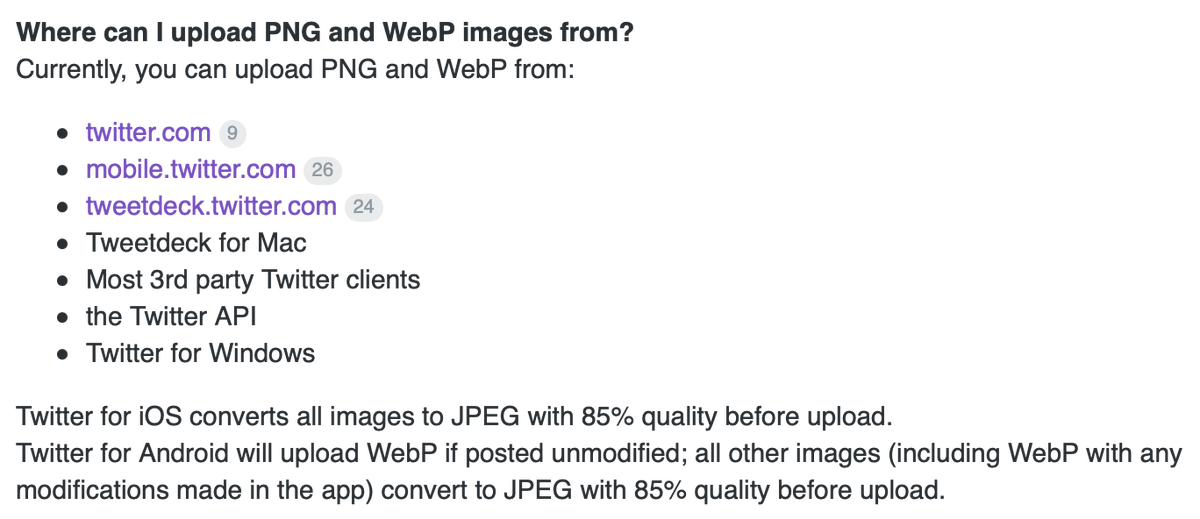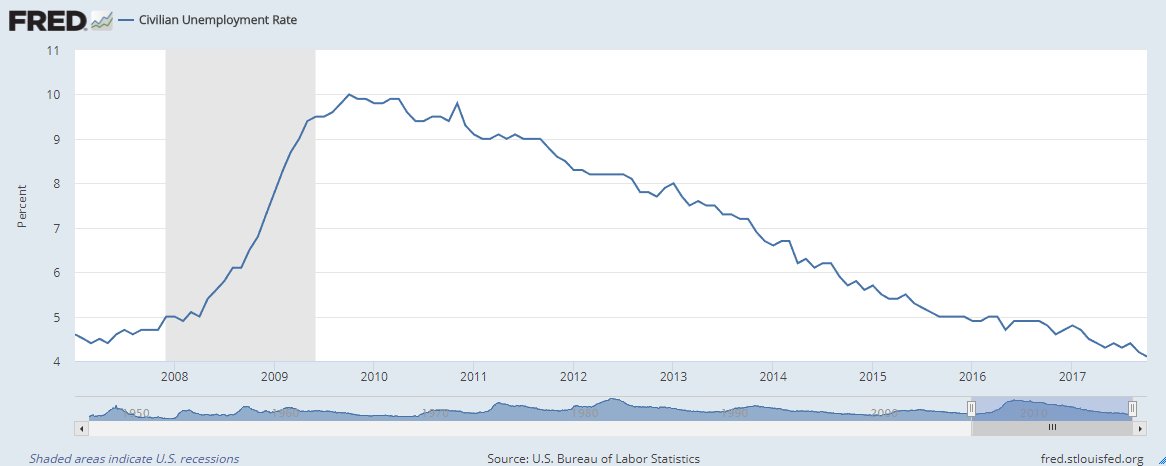After putting 5 kids to bed (all fighting off the flu) on this grateful day, I've decided to pontificate about one of my open source projects.
This is mostly for posterity, but I'll Tweet it in case it is interesting to anyone.
github.com/NSProgrammer/Z…
github.com/twitter/ios-tw…
github.com/twitter/ios-tw…
github.com/twitter/ios-tw…
necessary at work.
/fin








